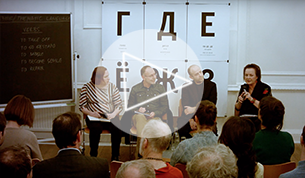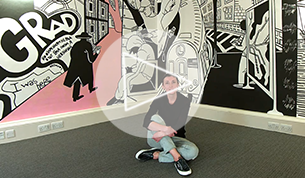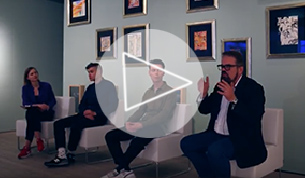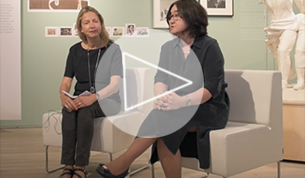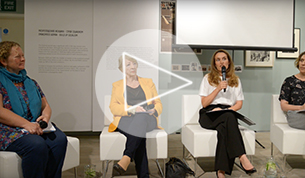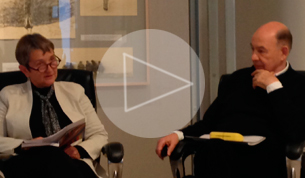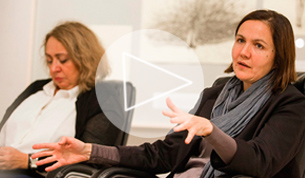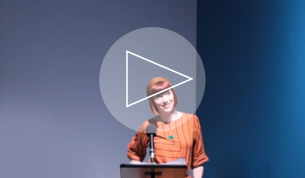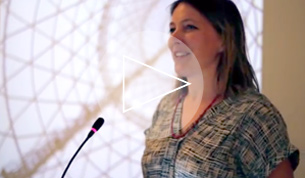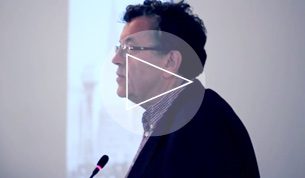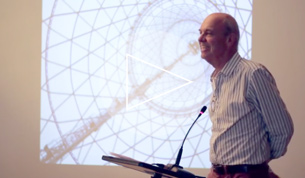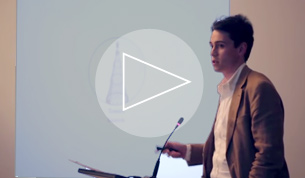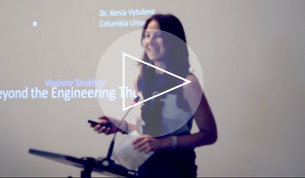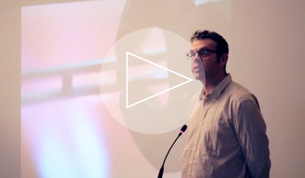Watch
Mother Tongue
Apparition of the Last Soviet Artist in London
ShadowMemory x Art Night Open
Postponed Futures
Superwoman: ‘Work, Build and Don’t Whine'
Unexpected Eisenstein
-
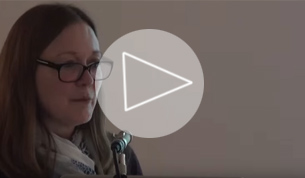 Rachel Morley:
Rachel Morley:
Russian Cinema before 1917 -
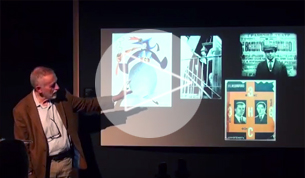 Ian Christie:
Ian Christie:
Besides Eisenstein: Protazanov, Barnet and the new Soviet cinema of the 1920s -
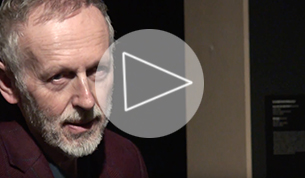 Ian Christie:
Ian Christie:
Maxim and co: creating the new heroes and heroines of the 1930s -
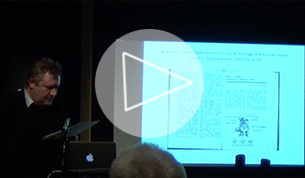 Phil Cavendish:
Phil Cavendish:
Soviet Colour Film, 1929-1945: An Experiment Understood by Very Few -
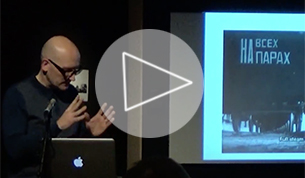 Jeremy Hicks:
Jeremy Hicks:
Meaningful Martyrdom — Death, Revolution and Victory from Lenin to the Reichstag, 1924–45 -
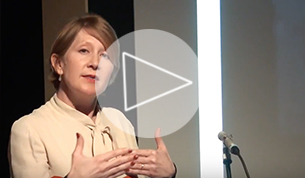 Emma Widdis:
Emma Widdis:
Film and the Making of the New Soviet Person: Bodies, Minds and Feelings -
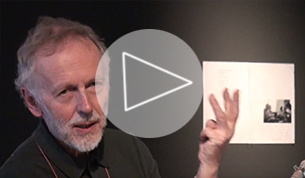 Ian Christie:
Ian Christie:
Hopes and fears: the Soviet New Wave of the 1960s -
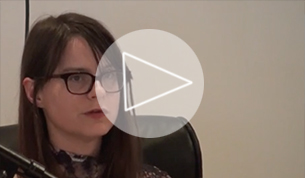 Carmen Gray:
Carmen Gray:
Andrei Tarkovsky: The Citizen Poet and the State -
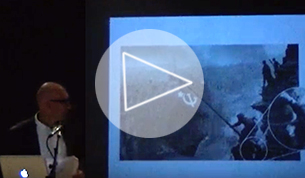 Jeremy Hicks:
Jeremy Hicks:
Reusing War Footage in Russian and Soviet Films, 1945–2015
Peripheral Visions
A Game in Hell. The Great War in Russia
-
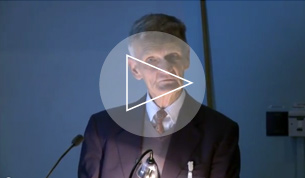 John E. Bowlt:
John E. Bowlt:
Introductory remarks -
 Elena Sudakova:
Elena Sudakova:
'Forgotten Heroes of the Great War' -
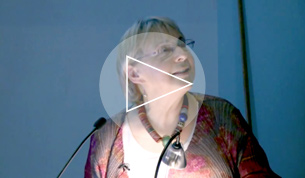 Christina Lodder:
Christina Lodder:
'A Painting Fit for Heroes: Kazimir Malevich's Reservist of the First Division' -
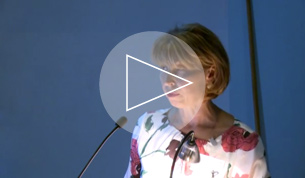 Natalia Budanova:
Natalia Budanova:
'Who Needs the Art Now?': Russian Women Artists Representing the Great War' -
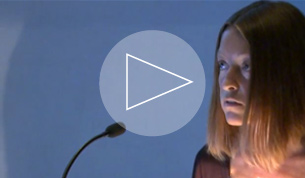 Valentina Parisi:
Valentina Parisi:
'Russian Avant-Garde Circles and the Literary Response to the Great War'
Work and Play Behind the Iron Curtain
The Shabolovka Tower Model
Kino/Film: Soviet Posters of the Silent Screen
-
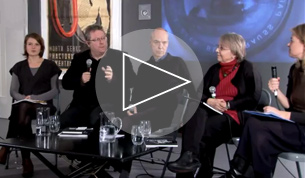 Curators and Special Guests:
Curators and Special Guests:
Panel Discussion with Exhibition -
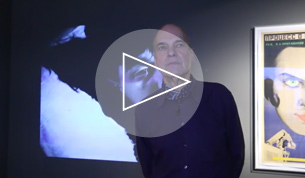 Lutz Becker:
Lutz Becker:
Curator talks: Chess Fever and The Three Million Case -
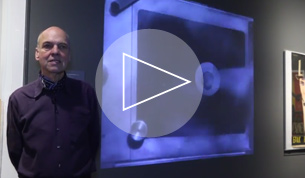 Lutz Becker:
Lutz Becker:
Curator talks: Man with a Movie Camera -
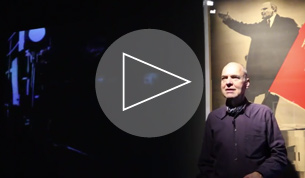 Lutz Becker:
Lutz Becker:
Curator talks: October -
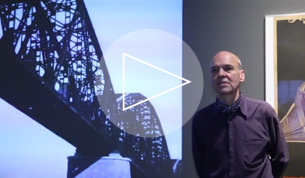 Lutz Becker:
Lutz Becker:
Curator talks: Storm Over Asia and Turksib -
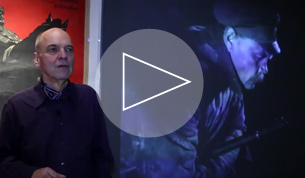 Lutz Becker:
Lutz Becker:
Curator talks: The End of St Petersburg -
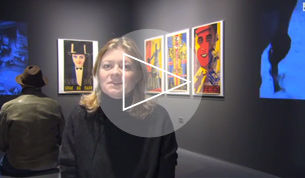 Elena Sudakova:
Elena Sudakova:
Soviet Posters of the Silent Screen
Utopia LTD
-
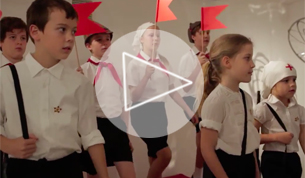 'Inside the Rainbow' Performance:
'Inside the Rainbow' Performance:
Directed by Irina Brown -
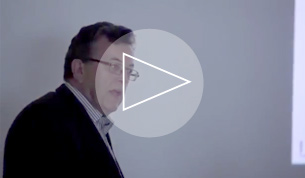 Professor John Milner:
Professor John Milner:
Seminar: 'Re-Constructivism' -
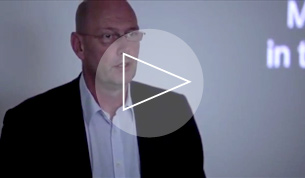 Willem Jan Renders:
Willem Jan Renders:
Seminar: 'After Lissitzky: Reconstructions at the Van Abbemuseum' -
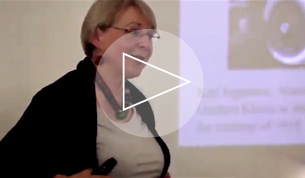 Christina Lodder:
Christina Lodder:
Seminar: 'Gustav Klucis: Transmitting Utopia' -
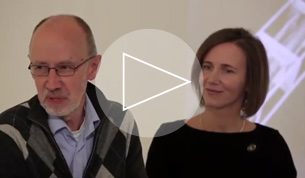 Aleksandr Shklyaruk:
Aleksandr Shklyaruk:
Seminar: 'Klucis and the Materialisation of a Futurist Idea' -
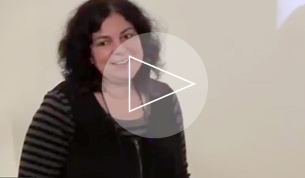 Dr. Maria Tsantsanoglou:
Dr. Maria Tsantsanoglou:
Seminar: 'Tatlin's Legend'
Listen
Superwoman: ‘Work, Build and Don’t Whine'
Unexpected Eisenstein
Bolt
A Game in Hell. The Great War in Russia
Read
Dmitri Shostakovich
(1906-1975)
Dmitri Shostakovich was born in St Petersburg in 1906. He was introduced to music from a very early age; his mother was a talented pianist and became his first music teacher and he began composing at the age of 9. His talent attracted the attention of Alexander Glazunov, then director of the Petrograd Conservatory, which Shostakovich was allowed to enter at the age of thirteen.
Shostakovich graduated as a pianist in 1923, and in 1925 as a composer. His graduation piece from the Petrograd Conservatory, the First Symphony, premiered to great acclaim in Leningrad in 1926, and was performed in Berlin and Philadelphia soon after. Following its premiere in Leningrad, Shostakovich was described by critics as the successor of Rachmaninov, Stravinsky and Prokofiev, who had since emigrated. At the same time Shostakovich began to perform as a pianist. In 1927 he received an Honorary Diploma of the First International Chopin Piano Competition in Warsaw.
The period after the First Symphony was marked by Shostakovich’s experiments and search for the new musical methods. During that time he produced The First Sonata for the Piano (1926), a play The Aphorisms (1927), the Second Symphony October (1927), a patriotic piece with a great pro-Soviet choral finale, and the Third Symphony Pervomayskaya (1929). Shostakovich composed his first film score for the 1929 silent movie, The New Babylon, set during the 1871 Paris Commune.
In the late 1920s and early 1930s, Shostakovich worked at TRAM, a proletarian youth theatre. Although he did little work in this post, it shielded him from ideological attack. In 1930 Shostakovich’s first opera, The Nose, and first ballet, The Golden Age, premiered in Leningrad. Around the same time he was also working on The Bolt, an industrial ballet whose score incorporates popular songs and anthems, circus music, and marches as well as evocations of factory life, suggesting the sounds of machinery and industrial production. Much of this period was spent writing his opera, Lady Macbeth of the Mtsensk District, which was first performed in 1934. It was immediately successful, on both popular and official levels. It was described as "the result of the general success of Socialist construction, of the correct policy of the Party", and as an opera that "could have been written only by a Soviet composer brought up in the best tradition of Soviet culture."
In 1936 Shostakovich fell from official favour; in the January of the same year Joseph Stalin attended one of the performances of Lady Macbeth in the Bolshoi Theatre and was hugely dissatisfied with it. Soon after the visit the performance was condemned as formalist, "coarse, primitive and vulgar" by Pravda newspaper. Immediately following this, an article criticising another of Shostakovich’s ballets, The Bright Stream, was published in the same newspaper. As a result, most of his works made before 1936 were taken out of repertoires, and none of his compositions, except his First Symphony and a few miniatures were performed in the USSR until the mid 1960s.
Working in Leningrad during the Second World War, Shostakovich composed The Seventh (Leningrad) Symphony, which became known as a monument to the war. Performed for the first time in 1942 during the Siege of Leningrad, it offered support and hope for the better future in the hardest period of life of the country. Shostakovich was awarded the Stalin Prize for this composition, in which, according to Shostakovich himself, he represented the courage of the nation in the face of the terrors of both the war and Stalinist regime.
In 1948, Shostakovich, along with many other composers, was again denounced for formalism. In the next few years, he composed three categories of work: film music to pay the rent, official works aimed at securing official rehabilitation, and serious works ‘for the desk drawer’. The latter included the Violin Concerto No. 1 and the song cycle From Jewish Folk Poetry. The cycle was written at a time when the post-war anti-Semitic campaign was already under way, with widespread arrests including of Dobrushin and Yiditsky, the compilers of the book from which Shostakovich took his texts.
Shostakovich died of lung cancer on 9 August 1975 and, after a civic funeral, was interred in the Novodevichy Cemetery, Moscow. Even before his death he had been commemorated with the naming of the Shostakovich Peninsula on Alexander Island, Antarctica.




